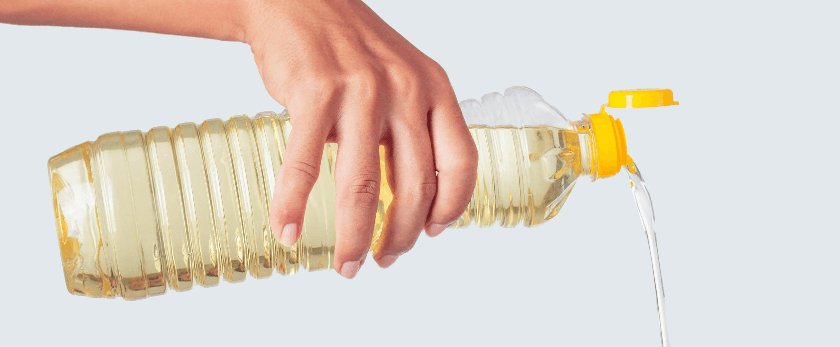Are you wondering what to do with that leftover vegetable oil after your cooking adventures? Instead of letting it go to waste or causing potential harm to the environment, let's explore the best ways to dispose of vegetable oil responsibly. We'll answer common questions and provide eco-friendly solutions to help you contribute to a greener, more sustainable future.
Is it OK to Pour Vegetable Oil Down the Drain?
Short Answer: No, it's not OK.
Pouring vegetable oil down the drain might seem like an easy solution, but it can lead to clogged pipes and cause significant damage to your plumbing. Moreover, it poses environmental risks as it can enter waterways and harm aquatic ecosystems. Instead, follow these steps:
-
Cool and Strain: Allow the oil to cool down after use. Once it's cool, strain it through a fine mesh or a coffee filter to remove any food particles. This step is essential to prevent clogs in your plumbing.
-
Reuse or Recycle: If the oil is still in good condition, consider reusing it for future cooking. Alternatively, look for recycling options in your area. Many recycling centers accept used cooking oil for processing into biodiesel.
-
Local Collection Programs: Some municipalities offer collection programs for used cooking oil. Check with your local government or recycling center to find out if this service is available in your area.

Can I Dispose of Vegetable Oil in the Garden?
Short Answer: In moderation, yes.
While it's not advisable to pour large quantities of vegetable oil in your garden, small amounts can be used responsibly. Here's how:
-
Composting: Vegetable oil can be added to your compost pile in small quantities. Mix it with other organic materials to help break it down. However, avoid adding excessive amounts, as it can create imbalances in your compost.
-
Pest Control: Some gardeners use vegetable oil to create DIY insect traps. For instance, a shallow container with a mixture of vegetable oil and dish soap can attract and trap pests like aphids. Dispose of the oil and pests properly when you're done.
Does Vegetable Oil Break Down in Soil?
Short Answer: Yes, but slowly.
Vegetable oil is biodegradable and will eventually break down in soil. However, it decomposes slowly, and excessive amounts can harm soil quality. Here's how you can safely use vegetable oil in your garden:
-
Moderation: Use small amounts of vegetable oil when needed for specific purposes, such as pest control or composting.
-
Mix with Soil: If you have a small quantity of used vegetable oil, mix it thoroughly with soil to speed up the decomposition process.
-
Avoid Overuse: Never pour large quantities of vegetable oil into your garden. Over time, it can disrupt the balance of nutrients and microorganisms in the soil.
Conclusion
Disposing of vegetable oil responsibly is a simple yet impactful way to contribute to a greener, more eco-friendly lifestyle. Remember, pouring it down the drain is a big no-no, as it can harm your plumbing and the environment. Instead, consider reusing, recycling, or exploring local collection programs for used cooking oil. In your garden, use small quantities wisely, whether for composting or pest control, and always prioritize moderation. By making informed choices, we can all play a part in creating a more sustainable future for our planet.










